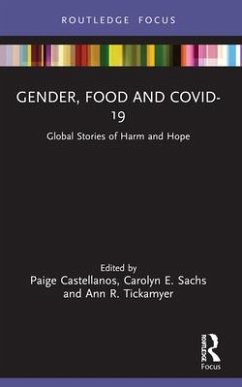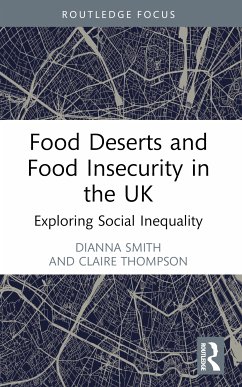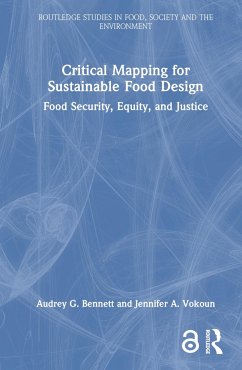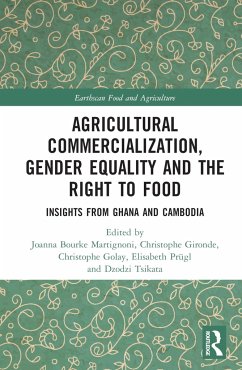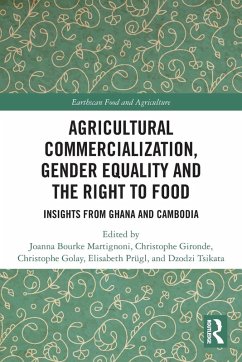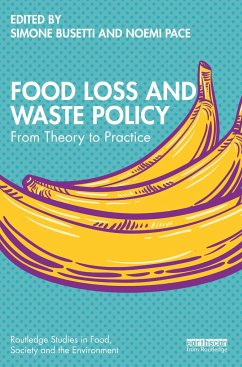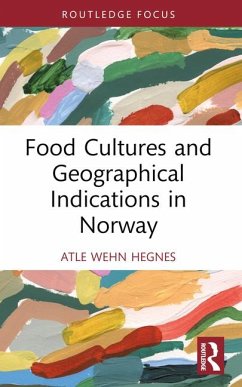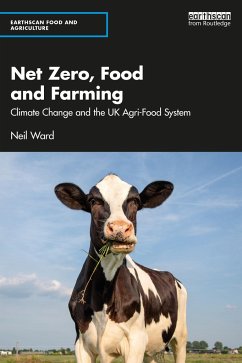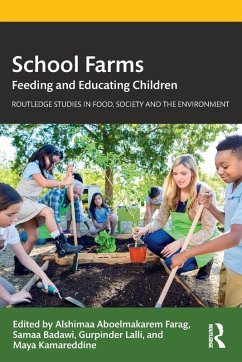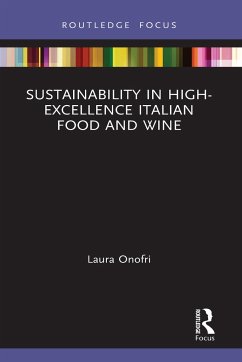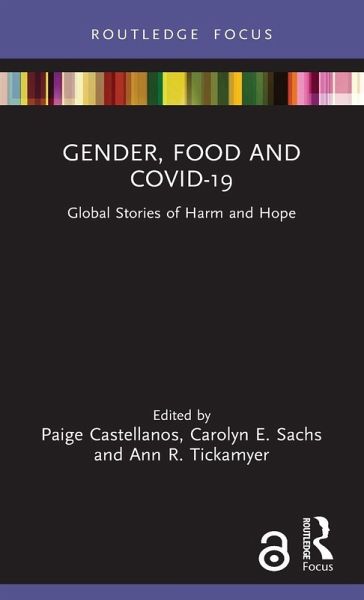
Gender, Food and COVID-19
Global Stories of Harm and Hope
Herausgeber: Castellanos, Paige; Tickamyer, Ann R.; Sachs, Carolyn E.
Versandkostenfrei!
Versandfertig in 1-2 Wochen
64,99 €
inkl. MwSt.
Weitere Ausgaben:

PAYBACK Punkte
32 °P sammeln!
This book documents how COVID-19 impacts gender, agriculture, and food systems across the globe with on-the-ground accounts and personal reflections from scholars, practitioners, and community members.




